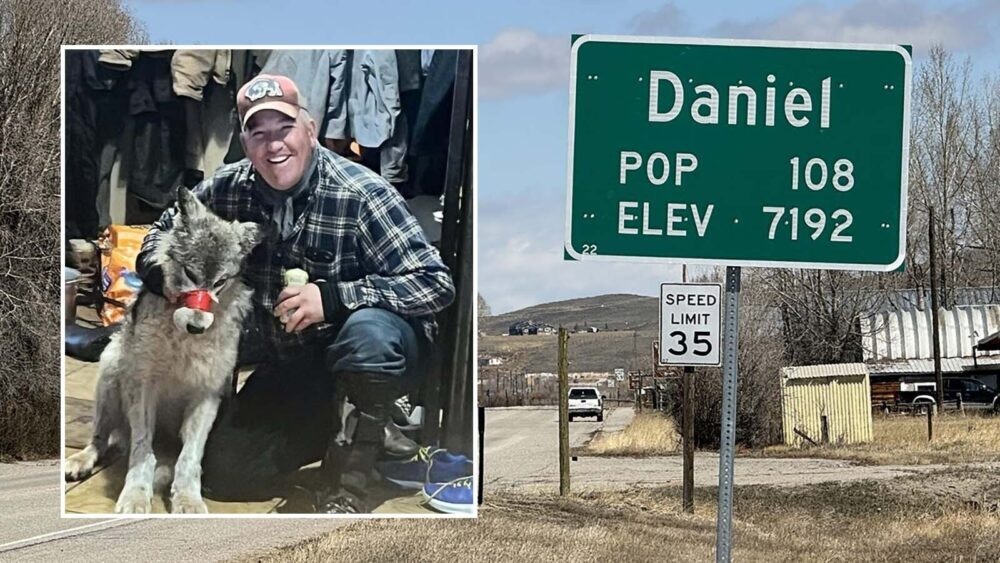Saying poor construction of a park bathroom left her with long-lasting injuries, an Afton woman unsuccessfully sued her town government for nearly $3 million in a three-day jury trial last week.
The jury in Lincoln County District Court, which is based in Kemmerer, returned a July 30 verdict saying the town of Afton was not negligent, denying Danelle Lind’s request for nearly $3 million in damages.
The dispute dates back to the night of Sept. 10, 2023, when Lind attended a wedding at the Canyon View Park in Afton.
Lind went to use the women’s restroom within a park building.
As she tried to clear the loose threshold and a nearly 4-inch-tall “unmarked, awkwardly-sized half step” on her way out of the bathroom, her shoe snagged and she stumbled and fell, according to the original lawsuit complaint she filed Sept. 25, 2023.
She suffered what the complaint calls a “severe leg fracture.”
The complaint alleged that an exterior light on the restroom building just under the eaves was not functioning that night.
Other court documents say the town’s public works director threw the light in the garbage when replacing it nearly one year later, despite a court requirement to preserve the light as evidence.
Lind’s filings also claimed that the building was not built to the relevant codes in place during its construction, which was likely in the early 1980s.
The Wedge Shoes
The town of Afton through its attorney John Bowers brought counter-evidence to trial, including a photograph of one of the shoes Lind wore that night — a wedge-heeled sandal with a tapered toe area, an ankle strap and a wedge heel that appears about 2 or 3 inches in height.
Lind had stated during an April 18, 2024, deposition that she’d been to that restroom building before.
She also said that she could see the pathway to the door because the interior light was on in the bathroom.
“But you tripped on an object that you could see from the interior, correct?” asked Bowers during the deposition.
“The shadow from the outside hits the doorway and it’s dark,” Lind countered.
“But doesn’t that contrast it so you even see it better?” Bowers asked.
“No,” answered Lind. “Because it’s black outside, it’s dark outside, and so it casts a shadow on the doorway. There’s not a landing on that doorway. It’s just — literally, there’s just a strip, the threshold, and then it steps off and there’s a drop outside that door.”
Bowers noted during that deposition that Lind had gotten into the bathroom without falling.
But, Lind countered, “there was no signage of warning, or there was no tape or paint along the drop-off to advise or show that you can fall, a trip hazard.”
Her bones snapped in three places and Lind had to undergo an emergency room “closed” or bone-setting procedure, she said.
Bowers’ Thank-Yous
Lind’s attorney Michael Lutz declined Wednesday via his office attendant to comment on the case.
Bowers in a email statement thanked the town and its personnel who helped in the civil defense, specifically Town Administrator Violet Sanderson and Mayor Jeff Jensen.
Bowers also thanked the “numerous past and present employees (who) testified at the trial, donating time to ensure that justice was served.”
Additionally, he wanted to thank all the members of the public who were called as potential members, and those who served on the jury.
“Our justice system works because of juries and citizens willingness to sacrifice their time in jury service,” added Bowers.
Clair McFarland can be reached at clair@cowboystatedaily.com.





